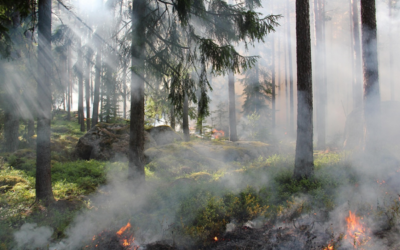The DKKV is…
German Committee for Disaster Reduction e.V. (ger.: Deutsches Komitee Katastrophenvorsorge e.V.)
Newsblog
Virtual flight over the Flaugergues crater on Mars
A new video from the Mars Express mission takes viewers on a virtual flight over one of the most striking structures in the southern Martian highlands: the 245-kilometre-wide impact crater Flaugergues. The animation is based on image data from the High Resolution...
UBA Publication Newsletters: Three editions, many insights – from risk assessment to climate action
On 01 February 2026, the German Environment Agency (UBA) distributed several editions of its UBA publication newsletter. From a disaster risk reduction, risk management, and resilience perspective, several publications are particularly noteworthy: 1) UBA Publications...
DRR & Open Data Newsletter, January 2026
The latest DRR & Open Data Newsletter clearly demonstrates how digital technologies, open data, and new analytical approaches are fundamentally transforming our understanding of risks, climate dynamics, and disaster impacts. Satellites, sensors, and AI are...
CEDIM report on landscape fires in south-central Chile published
The CEDIM – Center for Disaster Management and Risk Reduction Technology has published a new forensic disaster report on the landscape fires in south-central Chile in January 2026. The report analyzes the fires in the regions of Biobío, Ñuble, and La Araucanía, which...
Follow us




What is disaster risk reduction?
Storms, natural hazards and extreme events can quickly become a danger to people and the environment. But climate change, extreme urbanization, power outages and fires also offer potential hazards.
A disaster occurs when the functioning of a community or society is impaired or interrupted and, as a result, high human, material, economic and ecological losses occur that cannot be managed alone.
Precautionary measures can help to reduce the consequences and impact of the disaster. Depending on the hazard and personal circumstances, the precautionary measures to be taken may vary.
Find out more about potential hazards and individual precautionary measures on our topic pages.






